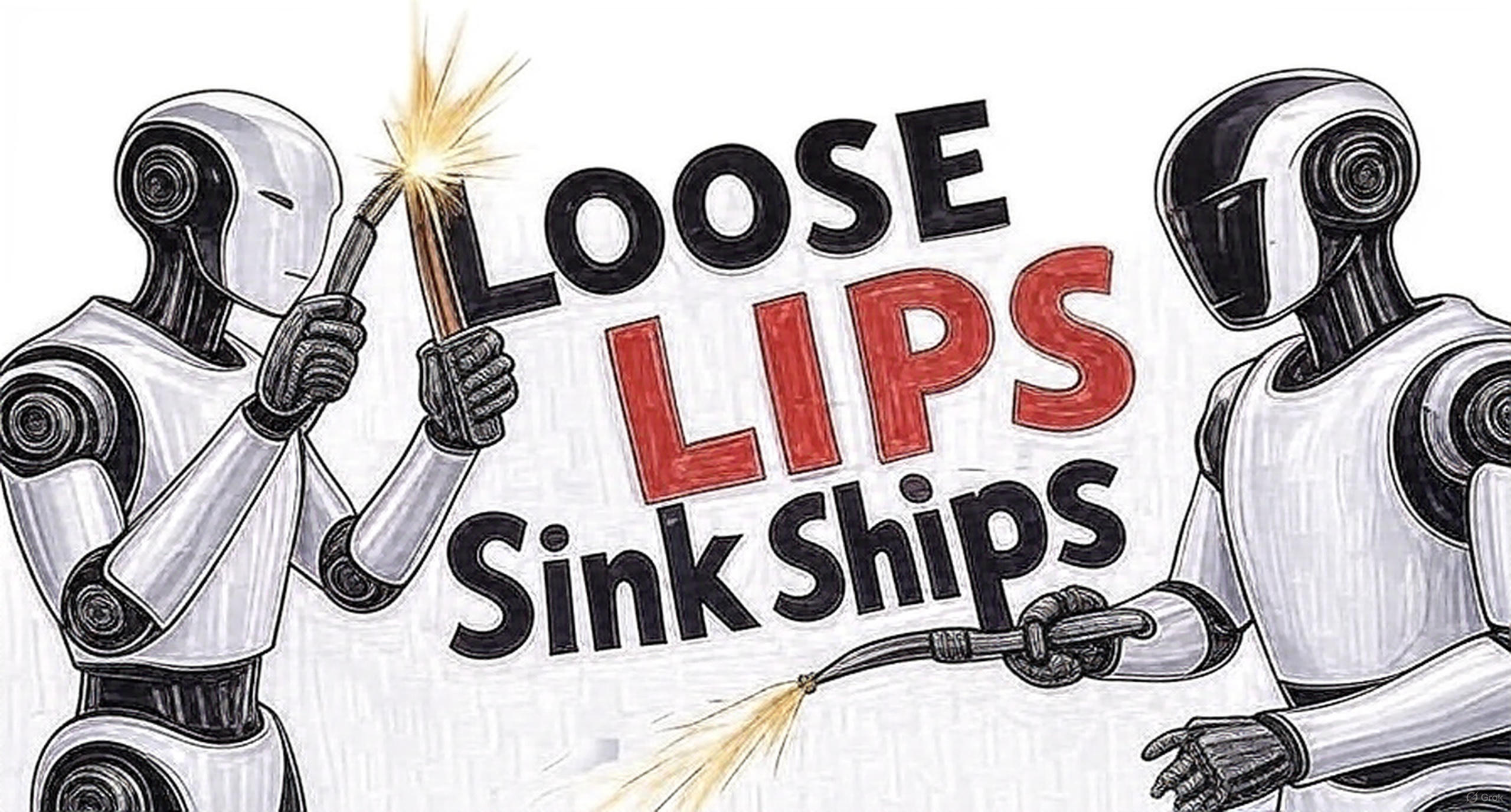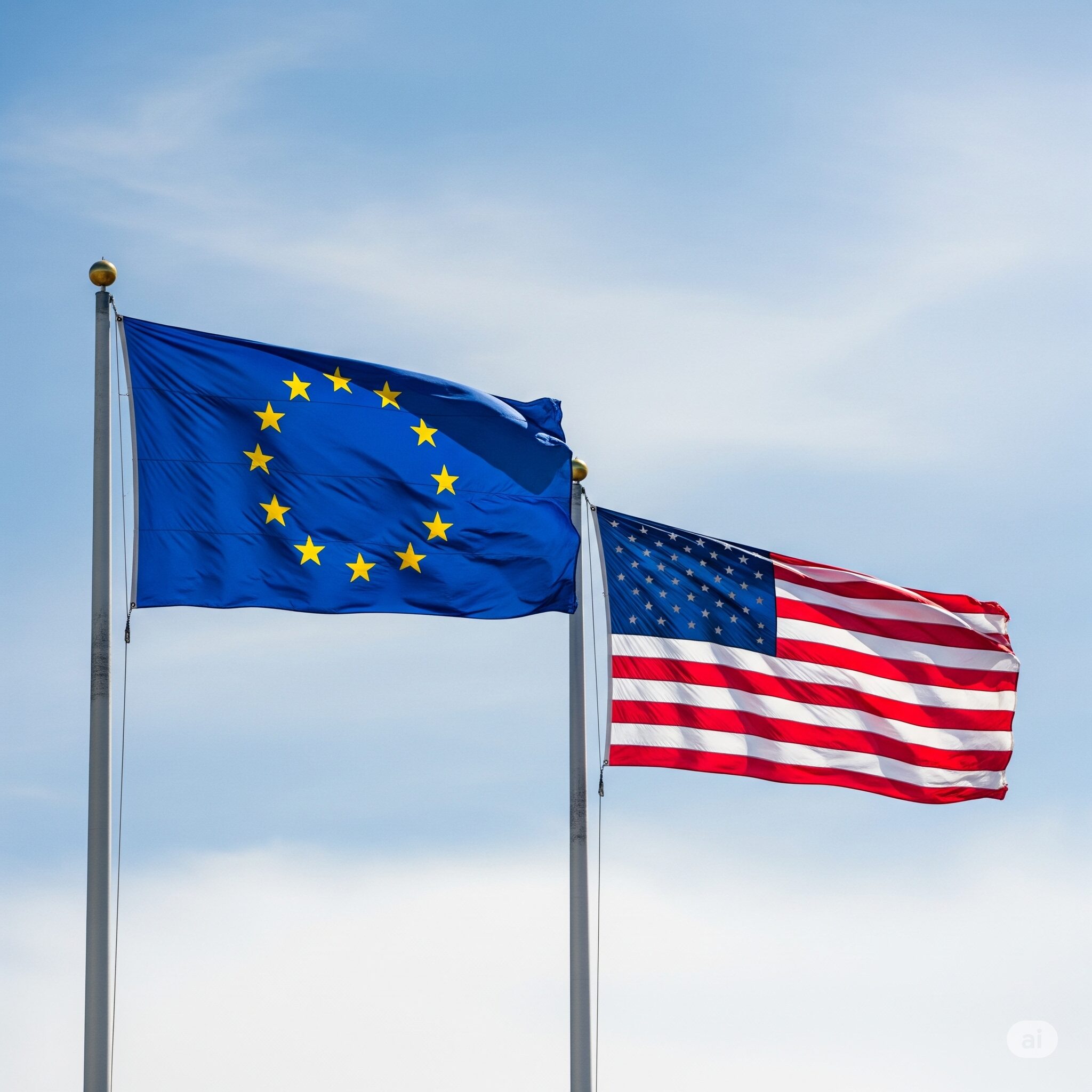Published Time: July 27, 2025, 10:30 AM EDT
Meta Description: OpenAI CEO Sam Altman urges users to rethink privacy, warning that ChatGPT privacy conversations could be used as court evidence. Learn the legal risks of sharing personal data with AI in this eye-opening article.
Think your heart-to-heart conversations with ChatGPT are private? Think again. OpenAI CEO Sam Altman just dropped a bombshell that should make every ChatGPT user pause before their next intimate chat with the AI: your conversations could become evidence in a courtroom.
During a candid appearance on comedian Theo Von’s podcast “This Past Weekend,” Altman delivered what amounts to a digital wake-up call. While millions of people are pouring their hearts out to ChatGPT—treating it like a therapist, confidant, or digital shoulder to cry on—most have no idea their deepest secrets could one day be read aloud in front of a judge and jury.
The Uncomfortable Truth About AI Confidentiality
Here’s the reality that Altman wants everyone to understand: ChatGPT conversations don’t come with legal confidentiality protections. Unlike your discussions with a licensed therapist, doctor, or lawyer—which are shielded by professional privilege—your AI chats exist in a legal gray area with zero privacy guarantees.
“People share very personal details with the AI,” Altman explained, highlighting a disconnect between user behavior and legal reality. The problem? Most users assume their conversations are private simply because they feel personal and intimate.
Legal experts confirm Altman’s warning isn’t just theoretical fear-mongering. ChatGPT transcripts could be subpoenaed in various legal scenarios:
- Contract disputes where AI advice influenced decisions
- Harassment claims involving AI-generated content
- Intellectual property cases questioning original authorship
- Criminal investigations where chat history provides relevant evidence
The key requirement? The chat content just needs to be relevant to the case at hand.
When Your Digital Therapist Becomes a Legal Liability
The timing of Altman’s warning couldn’t be more relevant. ChatGPT has evolved beyond a simple Q&A tool—it’s become a digital confidant for millions seeking emotional support, career advice, relationship guidance, and even informal therapy sessions. Users routinely share sensitive information they’d hesitate to tell their closest friends.
But here’s what makes this particularly concerning: earlier this year, The New York Times and other news organizations filed a court order demanding that OpenAI preserve all ChatGPT user logs indefinitely—including deleted chats—as part of their copyright lawsuit against the company. This legal battle illustrates exactly how user data can become entangled in broader disputes, even when users aren’t directly involved.
The Push for “AI Privilege”
Recognizing this vulnerability, Altman has advocated for establishing “AI privilege”—a legal protection similar to attorney-client privilege that would shield user conversations with AI systems. However, no such protection currently exists, leaving users exposed.
This isn’t just about privacy—it’s about the fundamental question of whether AI interactions deserve the same confidentiality protections as human professional relationships. As AI becomes more sophisticated and therapeutic in nature, the legal framework hasn’t caught up to protect users who genuinely believe they’re engaging in private conversations.
The Bottom Line: Chat Like Someone’s Watching
Altman’s message is clear: approach ChatGPT with the same caution you’d use in any public forum. Before sharing personal details, financial information, business strategies, or emotional struggles, ask yourself: “Would I be comfortable if this conversation appeared in court documents?”
The irony is palpable. As AI becomes more human-like and emotionally intelligent, users naturally develop a sense of intimacy and trust. But legally speaking, chatting with ChatGPT is more like posting on a public bulletin board than confiding in a professional bound by confidentiality.
For now, the safest approach is simple: assume your AI conversations could one day become public. Until “AI privilege” becomes a legal reality, your digital heart-to-hearts with ChatGPT remain surprisingly unprotected in our legal system.
The revolution in AI-human interaction is remarkable, but as Altman reminds us, it comes with strings attached—strings that could one day lead straight to a courtroom.
Sources
- Theo Von’s “This Past Weekend” podcast interview with Sam Altman
- Legal expert analysis on AI chat subpoenas
- The New York Times vs. OpenAI court filing details








Leave a Reply